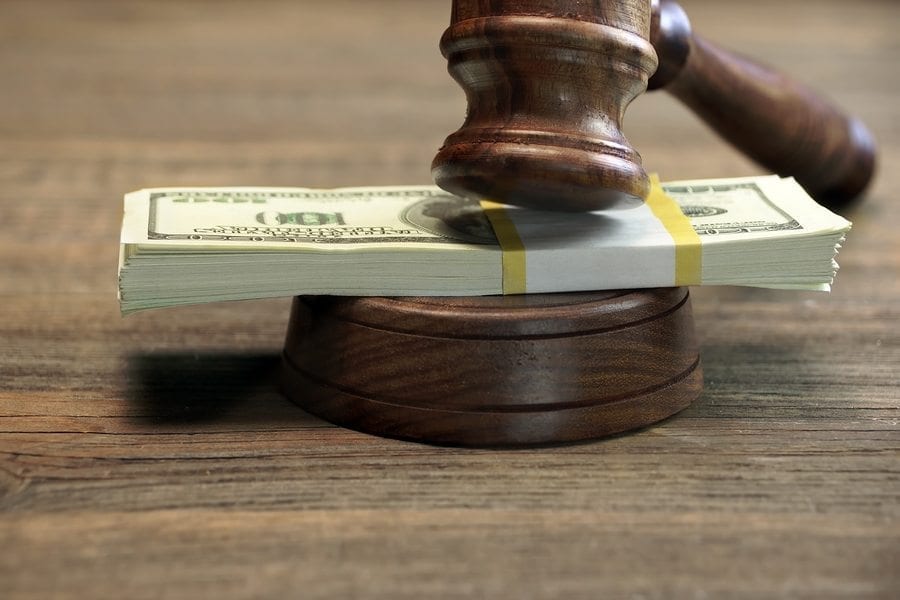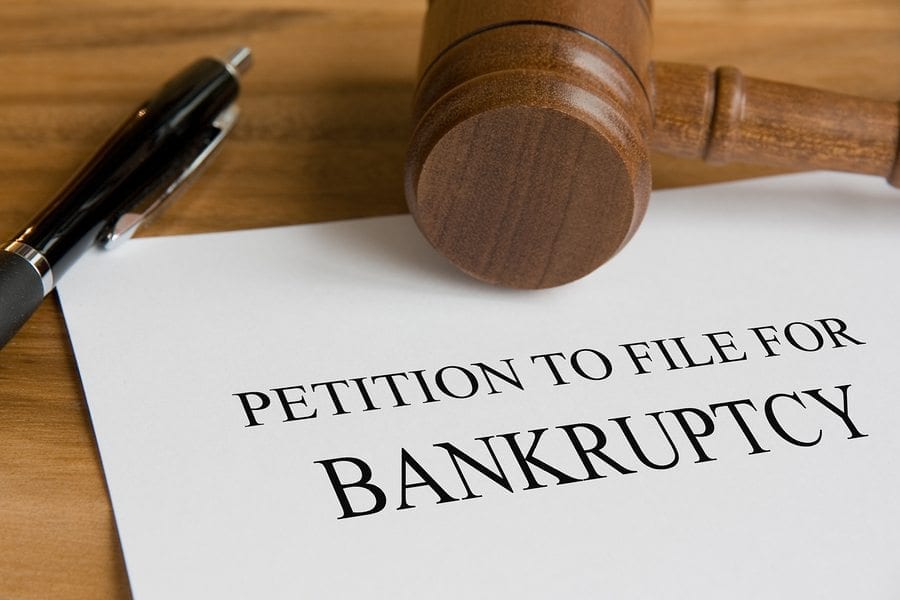Abby Lee Miller, star of Lifetime’s popular Dance Moms reality TV show, drew unwanted publicity last month after her scheduled February 24 sentencing hearing for bankruptcy fraud was postponed until May by a Pittsburgh federal judge. Miller’s attorneys stated intent to seek probation, while prosecuting attorneys pushed for a sentence which could exceed two years. The case has drawn national attention due to Miller’s celebrity status, but similar stories unfold in Pennsylvania courts every day. Though it’s possible that Miller will ultimately receive a lenient sentence, her story should still serve as a cautionary tale about failure to disclose income and assets when declaring bankruptcy in Pennsylvania. Our Philadelphia bankruptcy attorneys explain what information filers need to disclose when filing for bankruptcy – and what can happen if they don’t.
What Do You Have to Disclose When Filing for Bankruptcy in PA?
Regardless of where a case is filed or which chapter is involved, the Pennsylvania bankruptcy process involves extensive collaboration between the filer or petitioner (the person filing for bankruptcy), the petitioner’s bankruptcy attorney, the trustee who has been appointed to the case, and the filer’s creditors, some of whom may receive priority over others depending on the nature of the debts which are owed. In order for a case to advance from one stage to the next so that the filer can ultimately obtain a discharge, it is critical that all parties are working from the same body of accurate, truthful, up-to-date, and complete financial information regarding the filer’s income, assets, and debt.
When you file for Chapter 7 or Chapter 13 bankruptcy in Pennsylvania, you will be required to submit various documents, most of which are called “schedules.” But don’t let the term confuse you: instead of planning hearings or meetings, schedules are actually used to itemize information that’s important to the bankruptcy, such as your expenses, which are listed on Schedule J (Form 106J).
Pennsylvania Bankruptcy Forms
Below you’ll find a partial list of bankruptcy forms you’ll be required to complete, with a brief summary of the information you must disclose on each. Many forms, such as the application to have the Chapter 7 filing fee waived (Form 103B), are only needed in certain cases, depending on the debtor’s circumstances. The volume of documentation may seem overwhelming to you now, but don’t worry: a Philadelphia Chapter 13 bankruptcy attorney or Chapter 7 lawyer from Sadek Bankruptcy Law Offices will be there to handle your paperwork and walk you through all of the bankruptcy requirements that apply to your case.

- Voluntary Petition for Individuals Filing for Bankruptcy (Form 101) – This is the bankruptcy petition, or the main form that supplies the basic, core information about your case. For example, the petition asks where you are filing, which chapter you are filing under, and whether you are a renter or business owner.
- Schedule A/B: Property (Form 106A/B) – Questions include, “Do you own or have any legal or equitable interest in any residence, building, land, or similar property?” “Do you own, lease, or have legal or equitable interest in any vehicles, whether they are registered or not?”
- Schedule C: The Property You Claim as Exempt (Form 106C) – Bankruptcy exemptions are used to protect certain possessions from being taken and sold by the trustee. Pennsylvania allows debtors to choose between the federal exemptions and state exemptions.
- Schedule I: Your Income (Form 106I) – You must provide detailed information about how much money you earn. For example, Form 106I asks debtors to list monthly gross wages, salary, and commissions prior to payroll deductions (which must also be listed).
- Schedule J: Your Expenses (Form 106J) – This form asks you to describe your ongoing monthly expenses, such as utilities, home maintenance costs, groceries, childcare expenses, and transportation costs. You must be as specific as possible, and should be prepared to prove your expenses with documentation, such as invoices, bank statements, and receipts.
These are only a few examples of the forms you will be required to complete if you file for Chapter 13 or Chapter 7 in Pennsylvania, regardless of whether you file individually or jointly with your spouse.
Since bankruptcy regulations are federal, filers use the same set of forms in all states. For example, a person filing for bankruptcy in Pennsylvania would complete the same paperwork as a person filing for bankruptcy in New Jersey.
What Happens if You Hide Assets or Income in Bankruptcy?
Hiding assets or income intentionally is a form of bankruptcy fraud, a federal crime which can lead to criminal prosecution. The case against Abby Lee Miller, who is now awaiting sentencing, is a perfect real-world example of how concealing assets from your creditors can result in a criminal investigation – potentially with very serious consequences. According to IRS statistics, in 2016 the average sentence for defendants convicted of bankruptcy fraud was 17 months in prison.

While being incarcerated (and gaining a criminal record) is the worst outcome of hiding your assets when filing for bankruptcy, it isn’t the only consequence of asset concealment. If you hide financial information about your income, property, or possessions from creditors, the bankruptcy court could deny your discharge or even dismiss your case.
Philadelphia Bankruptcy Lawyers for Chapter 7 and Chapter 13
If you’re thinking about filing for Chapter 7 or Chapter 13 in Southeastern Pennsylvania, don’t begin the process without consulting an experienced bankruptcy attorney. Even a small error can have disastrous implications for your case, so it is crucial that you have reliable legal guidance throughout the bankruptcy proceedings. For a free legal consultation with our Delaware County Chapter 7 bankruptcy lawyers or Chapter 13 attorneys, contact Sadek Bankruptcy Law Offices at (215)-545-0008 today.





